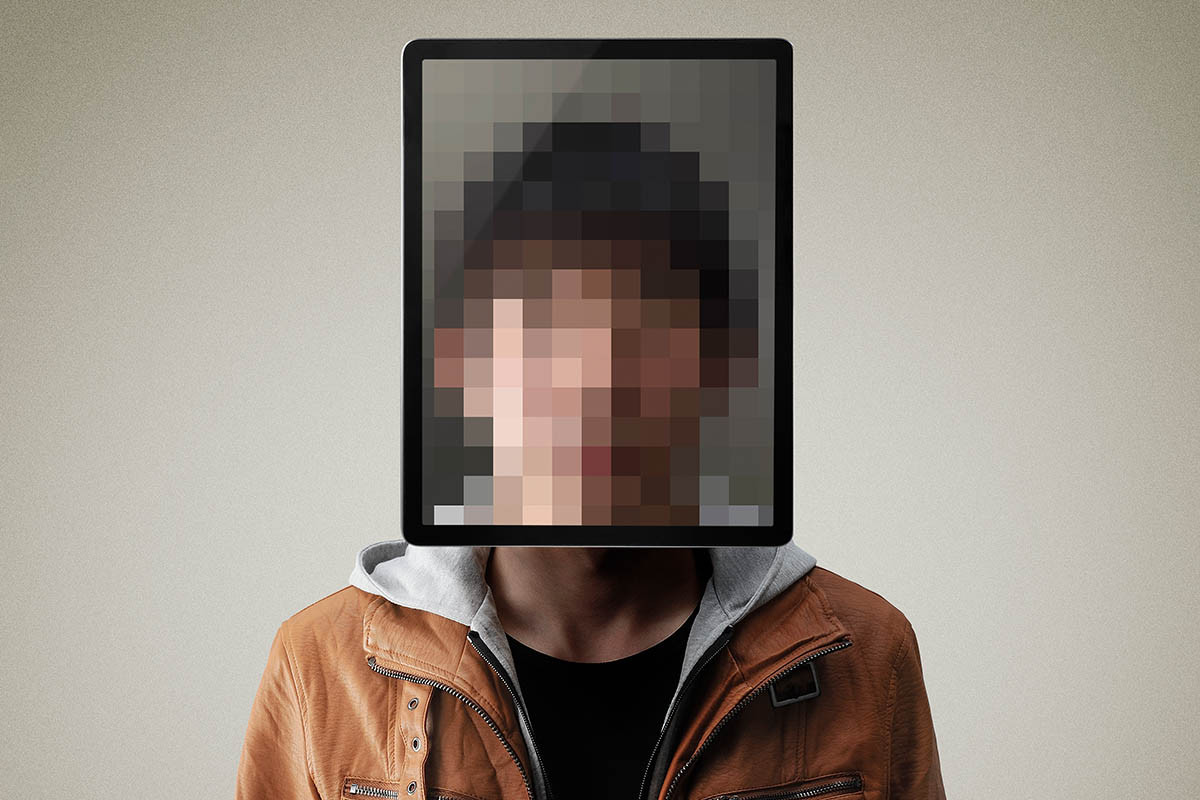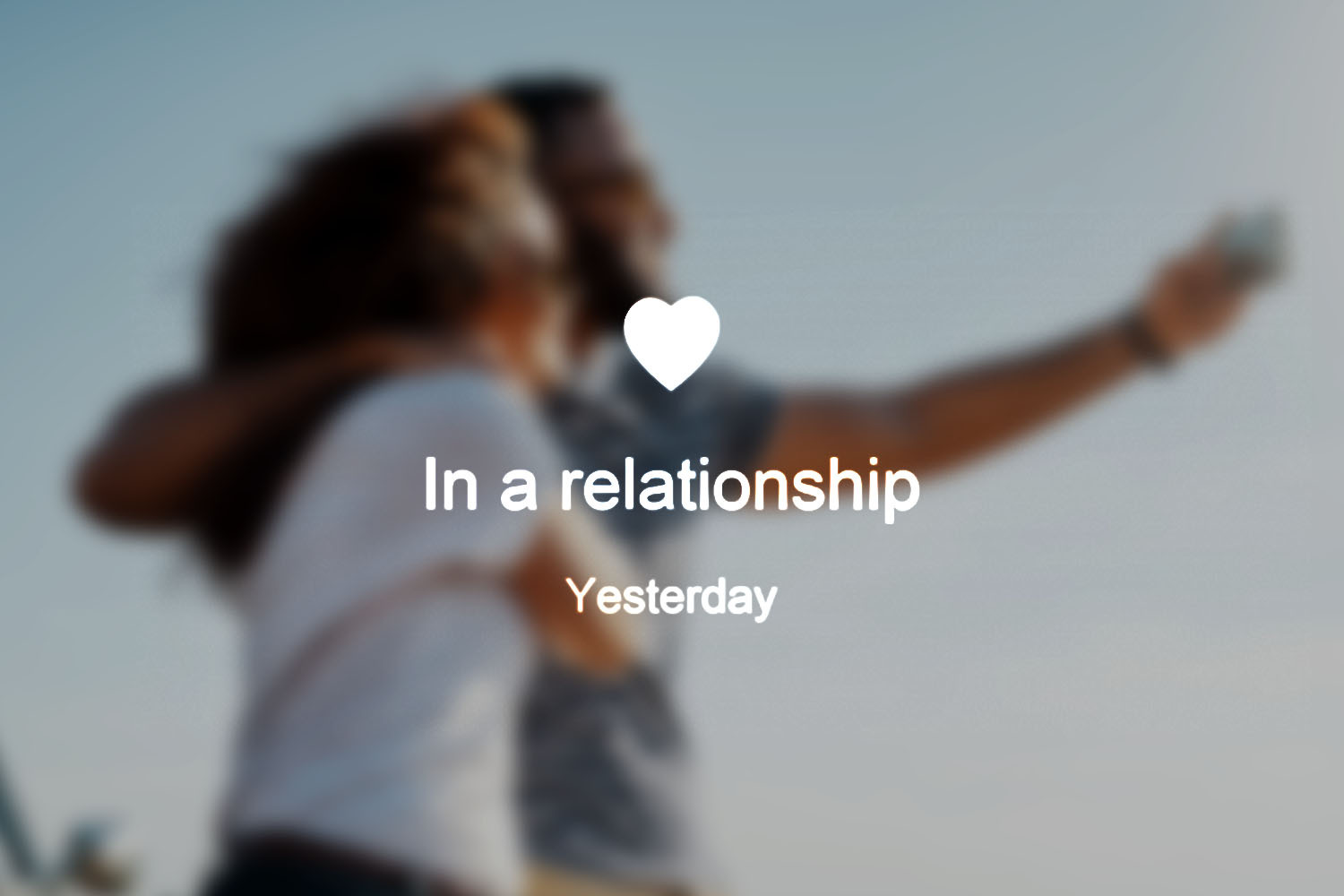The Australian government wants social media users to identify themselves, a somewhat defensible position that unfortunately arrives with cynical and political motives.
As reported by ZDNet, Prime Minister Scott Morrison, referring to social media as a “coward’s palace,” wants tech companies to identify their users. If they don’t comply, they would be considered publishers and not platforms, and therefore subject to the country’s tough defamation laws. (The government is also pushing for mandatory age verification for everything from Reddit to Zoom.)
In a vacuum, forcing, say, Twitter users to prove who they are might cut down on trolls, disinformation and toxicity. Or not. (More on that below.) But Morrison and his senior ministers are not looking to cut down on abuse; they just don’t love rumors and online attacks. Meanwhile, they’re positing their 100-point identification program (which, of course, allows officials and courts to access social media accounts) as a way to help mental health.
But proving who users are hasn’t stopped online toxicity at large social media platforms. “Facebook already has a real-name policy,” as Elise Thomas wrote at The Strategist, a website from the Australian Strategic Policy Institute. “This measure has been modified several times over the years in response to criticism that it disproportionately impacts marginal communities and endangers victims of domestic violence and stalking.”
And then there’s the privacy issue, or lack thereof. “These platforms are the world’s largest aggregators of data. They use that data for their own business purposes, not for our benefit,” as Swinburne University senior lecturer in digital media Belinda Barnet told the Sydney Morning Herald. Barnet prefers that, instead, social media companies improve ways to report online abuse.
The few countries that have attempted to implement something like this proposed Australian policy have either seen little-to-no improvement in the online community (South Korea, where a court overturned similar laws in 2012) or haven’t made privacy a concern (China, to put it nicely). And the loss of privacy, increased government surveillance and the threat of hackers getting all this collected info — which has happened — seems to point at better solutions … which, admittedly, the social media companies themselves haven’t provided or put forth in a meaningful way.
At a recent Twitter-led roundtable, Digital Rights Watch Executive Director Lucie Krahulcova was extremely pointed in her criticism of Morrison’s social media proposal.
“[Law enforcement] is not actually very excited about enforcing [existing laws] on behalf of women, people of color, and historically I think there’s plenty of evidence of that in Australia,” she said. “When we are speaking now about an attack on anonymity, it is because white men are uncomfortable with the criticism they get online. And that’s not just politicians, it’s also certain reporters and kind of sports stars and stuff. It is precisely because this societal group of privilege is frustrated with criticism.”
Thanks for reading InsideHook. Sign up for our daily newsletter and be in the know.


















